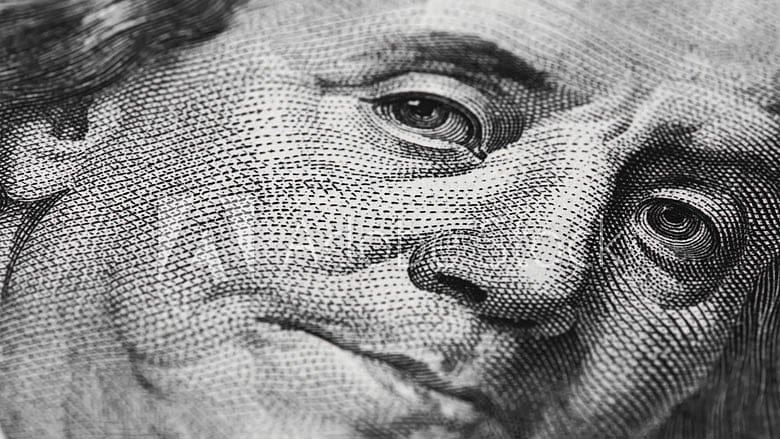Night of the Old Republic

Benjamin Franklin is famously quoted as saying, at the close of the Constitutional Convention in 1787, that Americans had adopted "a Republic, if you can keep it." It took almost 230 years, but we are doing our best to throw our Republic away.
In November 2016, America might elect as president Hillary Clinton, the wife of an impeached and disbarred former president, who herself is under FBI investigation. Alternatively, we might select Donald Trump, whose notion of presidential comportment is to lead a campaign rally in racist sneering at the federal judge overseeing a fraud lawsuit against him.

